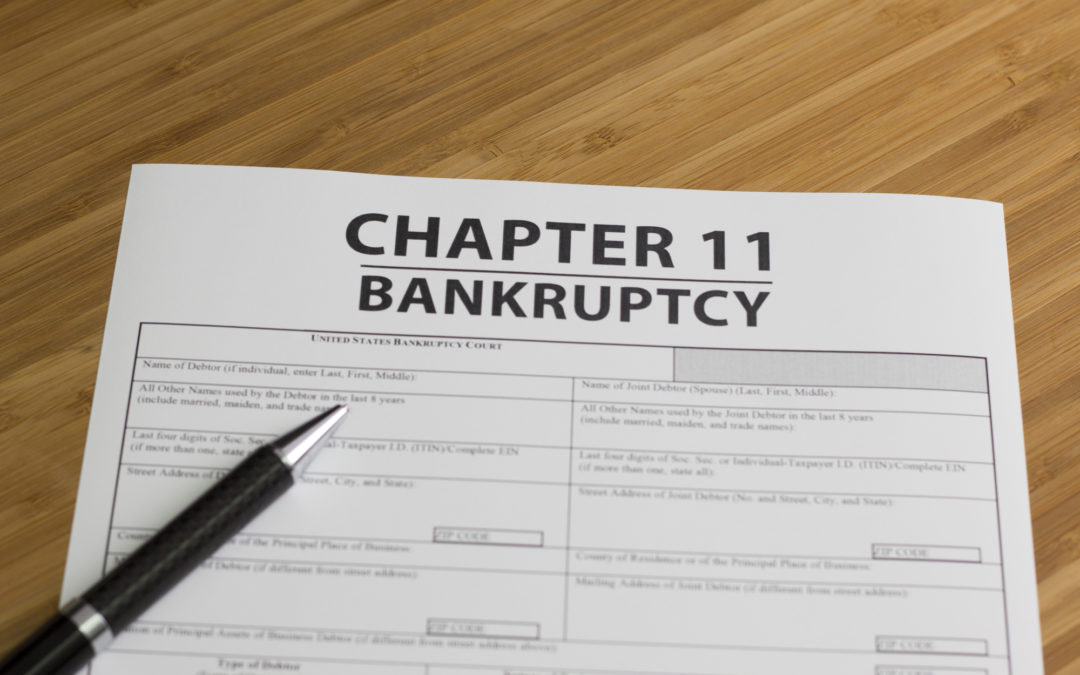Bankruptcy Lawyer
Filing for bankruptcy is sometimes the only option that either individuals or businesses have to overcome their financial issues and their subsequent repayment of debt. Bankruptcy offers an option to struggling businesses or individuals to have these debts erased. Some negative aspects can come from filing for bankruptcy though, like credit scores going down and having a difficult time securing future loans. However, having debts erased and allowing a fresh financial slate is something positive. Bankruptcy erases debts through repayment plans that will depend on certain details for either individuals or businesses and corporations. Some will see liquidation being needed of assets while others will be placed on repayment plans over a certain amount of time. Keep reading to learn more about the different types of bankruptcy and which one may be right for your circumstance.
Individuals Bankruptcies
Individual bankruptcies can be filed under either a chapter 7 or a chapter 13 bankruptcy. Chapter 7 sees individuals liquidate assets to pay back debts that are owed to creditors. Certain items, like houses, may be spared in the liquidation process. Chapter 13 bankruptcy is when individuals are placed on a repayment plan that will have them repay their creditors over a 3 to 5-year span. The amount they are required to pay back will depend on their income and other financial details. A lawyer who specializes in this realm can help out and offer further insight and detail depending on the specific circumstances.
Corporation and Business Bankruptcies
These types of bankruptcies differ from individual bankruptcies in that the corporation or business needs to continue running during difficult financial times, like bankruptcy. Big corporations and companies typically file for chapter 11 bankruptcy. This allows them to remain operating but they have to undergo a financial reshuffling of debts and other items. They also need to have a plan agreed to with creditors for the financial terms. Chapter 12 bankruptcy is for farmers or fishermen. These types of businesses can continue operating and aren’t required to liquidate assets but they must have a plan in place to repay debts. Chapter 9 is the bankruptcy type for municipalities, like townships and school districts to have their own debt repayment plans. The terms for a municipality are similar to a corporation in that a repayment plan will need to be created and accepted by creditors.
Professional Help
Professional help exists for filing for bankruptcy from either a professional who works in the realm of bankruptcy or from lawyers who specialize in this area of the law. Those who have experience in helping clients with bankruptcy can offer their assistance to others who are thinking about filing in their time of need. Make sure you find someone you can trust and who truly understands bankruptcy and the positives and negatives of going through it. A bankruptcy lawyer from The Law Offices of Neil Crane is a great example of a firm with experience and the knowledge to assist in these difficult financial times.


